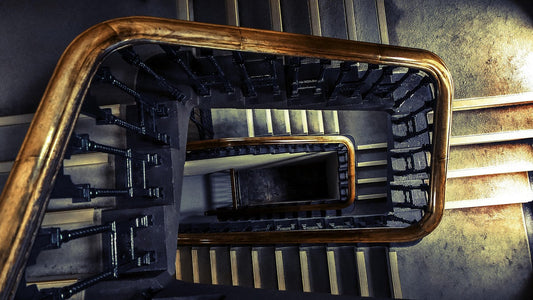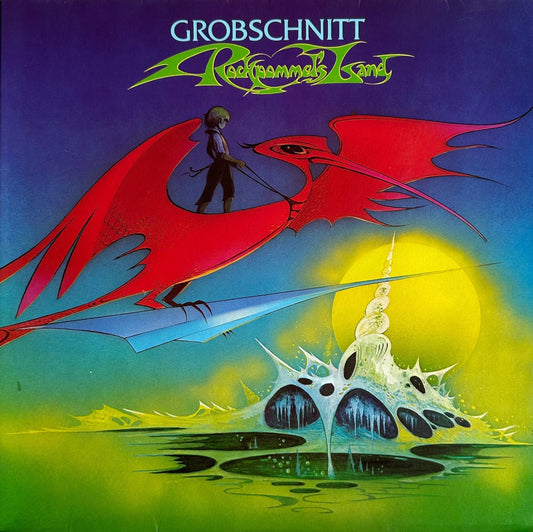Many years ago I was visiting with an audio reviewer who's system was so different than what I was used to that upon first listen, it didn't sound remotely like real music. That was a shock since it was the last thing I would have expected to hear.
Not wanting to offend, for fear of a bad review, I kept my mouth shut and spent the day listening and talking about hifi. The more I listened, the more what we played sounded like music and within a few hours the system sounded perfectly normal: instruments were natural, dynamics appropriate, differences easy to hear.
Had something changed that made my experience so radically different? Yes and it was me that changed.
Our ear/brain mechanism is incredibly good at adapting what we hear to our life's worldview. It's how we survived as a species: our memory of what a lion sounded like is based on the last time we heard a lion - this new lion sounds different, but we quickly learn to adapt and now both are clearly proper lions. Our memory of what a piano sounds like is based on the many times and circumstances of listening to pianos, live and recorded.
Many of the best designers and reviewers continually go to live music events to refresh their worldview of what actual instruments sound like so they can get closer to that version in their heads. This is fine and necessary but if your goal is to color your designs to sound like live music, instead of what's really on the recording, then you might have a conflict.
The truth is we listen to sound systems that playback only recorded music and everything we hear is filtered through microphones and personal biases of recording and mixing engineers. It is folly to believe you are getting closer to the "real" event when all you can get closer to is what has been recorded.








